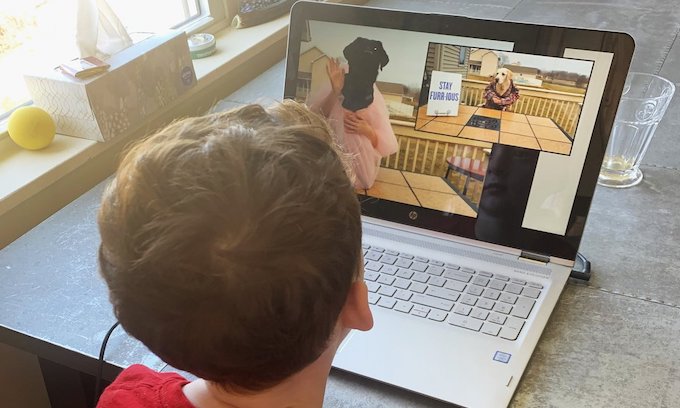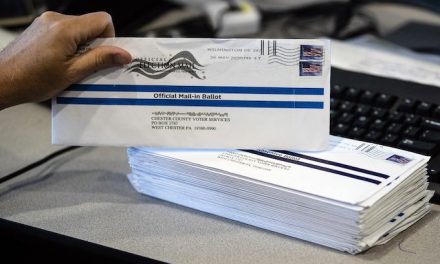New research Tuesday indicates that the interruptions to in-person classes at schools nationwide could cost the U.S. economy more than $15 trillion in the coming decades.
The analysis by the Organization for Economic Cooperation and Development found that U.S. economic growth could be 1.5% lower on average for the rest of the 21st century due to the school closures brought on by the COVID-19 pandemic.
The study links the lower economic growth with children acquiring fewer skills as a result of distance learning this year, even at just a slight deviation from normal.
“If the student [groups] in school during the 2020 closures record a corona-induced loss of skills of one-tenth of a standard deviation … the 1.5% loss of future GDP would be equivalent to a total economic loss of $15.3 trillion,” the authors wrote.
The total cost of missed schooling could ultimately amount to 69% of gross domestic product for the average country, the report by the intergovernmental economic organization showed.
The total loss figure assumes that only the current class of students will be affected by the closures and that students will resume normal schooling sometime next year.
The losses would, therefore, be higher if the pandemic keeps students at home for an extended period of time, the researchers said.
“Proportionately higher,” the study warned.
The pandemic also poses long-term threats to school funding, the report said. It warned that education spending “may be compromised in the coming years” as public funds are instead directed to health and social welfare programs.
More broadly, the OECD found, the pandemic has “exacerbated inequality among workers.”
For example, it says teleworking “is seldom possible” for those with fewer skills and that many health and medical workers have been on the front lines “providing essential services to society.”
Copyright 2020 United Press International, Inc. (UPI). Any reproduction, republication, redistribution and/or modification of any UPI content is expressly prohibited without UPI’s prior written consent.
—-
This content is published through a licensing agreement with Acquire Media using its NewsEdge technology.



















Recent Comments